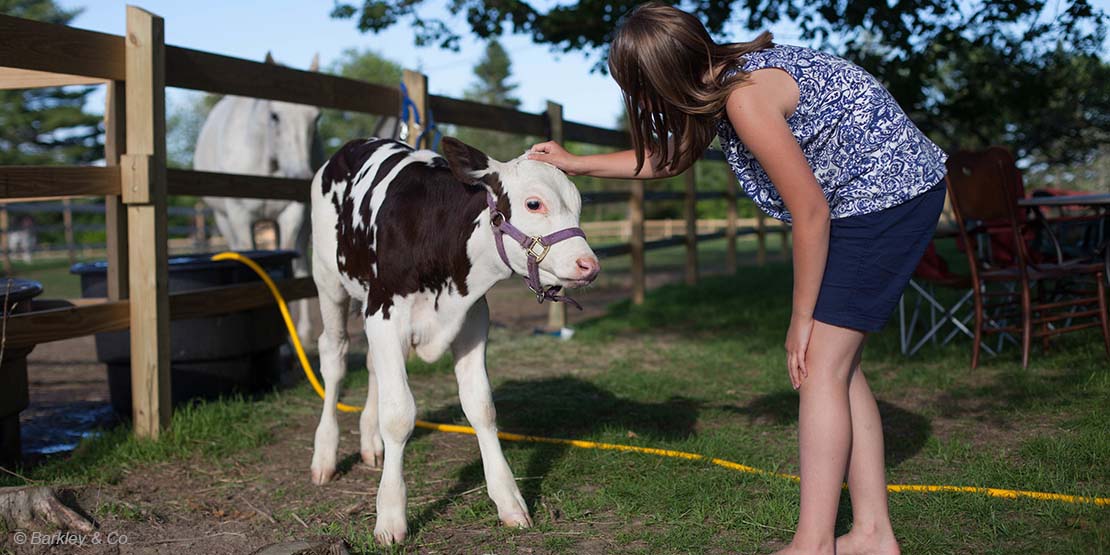
We believe society needs to rethink the way that it views and interacts with animals in order to become a more peaceful and just society. Social justice cannot be achieved unless we acknowledge the social injustice we perpetrate on animals.
Below is a list of links that shed light on the issues we face each day. This list is updated often, so please check back or feel free to send along a suggestion of your own.
Animal Exploitation
Factory Farming
Cage Free, Free Range, and Organic Products
Animals Used for Experimentation
The Environment
Environmental Destruction
Resources and Contamination
Health & Nutrition
Healthy Living
Vegan Nutrition
Outreach & Networking
Meatless Mainers Meetup Group
Vegan Outreach
Compassion Over Killing
In Defense of Animals
